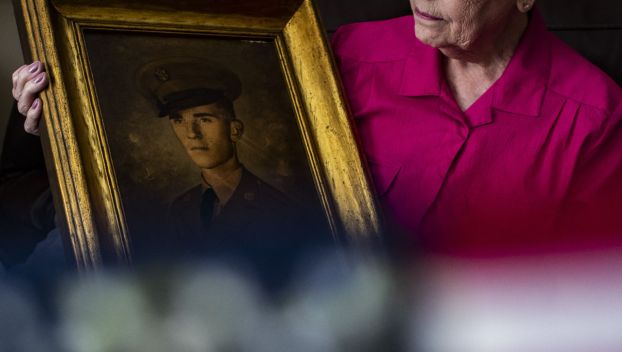
News
Korean War soldier returning to Kentucky family
The letters stopped coming. The missing notice followed. The military collected DNA samples. Scientists sequenced a match. In ... Read more

The letters stopped coming. The missing notice followed. The military collected DNA samples. Scientists sequenced a match. In ... Read more